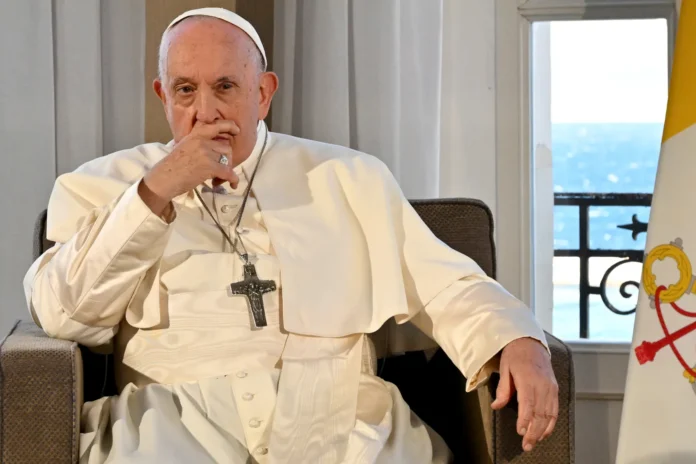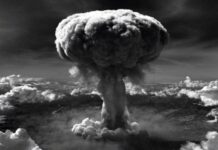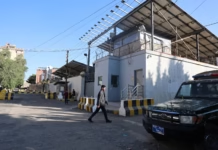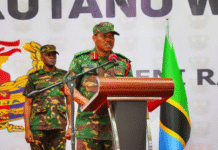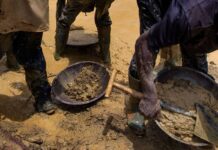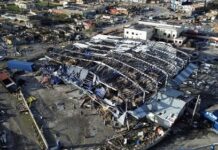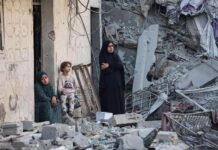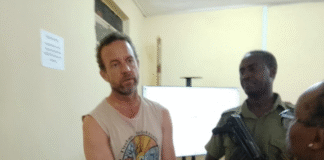Pope Francis remains in critical condition as he continues to battle a severe lung infection, the Vatican confirmed on Sunday.
Despite being conscious, the 88-year-old pontiff is receiving high-flow supplemental oxygen and undergoing additional medical tests.
A Vatican statement released early Sunday morning assured that “the night passed quietly, and the pope rested.” However, it did not provide details on whether he was able to eat or move independently, as previous updates had mentioned.
The pope’s health crisis began with a prolonged asthmatic respiratory episode, which worsened into pneumonia. He has since received blood transfusions due to low platelet counts, a condition that increases the risk of bleeding. Doctors say his prognosis remains uncertain, given his age, existing lung disease, and overall fragility.
Medical experts warn that the biggest threat to the pope’s health is sepsis, a life-threatening blood infection that can develop as a complication of pneumonia. So far, no signs of sepsis have been reported, but doctors continue to monitor him closely.
As speculation grows over whether Pope Francis might resign due to his deteriorating health, the Vatican has strongly denied reports of secret meetings discussing the matter. Cardinal Pietro Parolin, the Vatican’s Secretary of State, dismissed such rumors as “useless” distractions, insisting that the focus should be on the pope’s recovery.
In his absence, Archbishop Rino Fisichella presided over Sunday Mass at St. Peter’s Basilica, leading a special prayer for the pontiff. A pre-written message from Pope Francis emphasized his commitment to treatment and included a reflection on the anniversary of Russia’s invasion of Ukraine.
The Vatican has promised further updates as the pope’s condition evolves.









